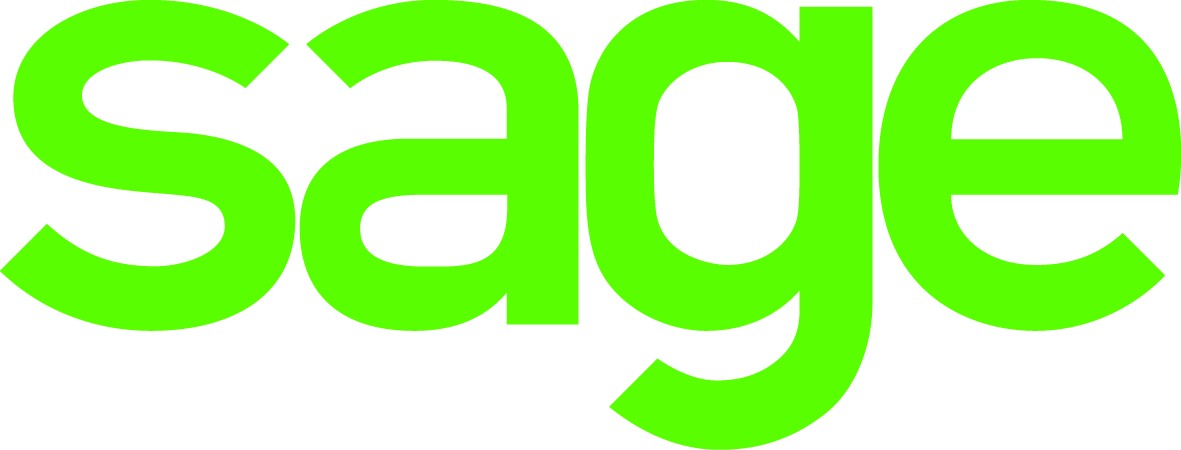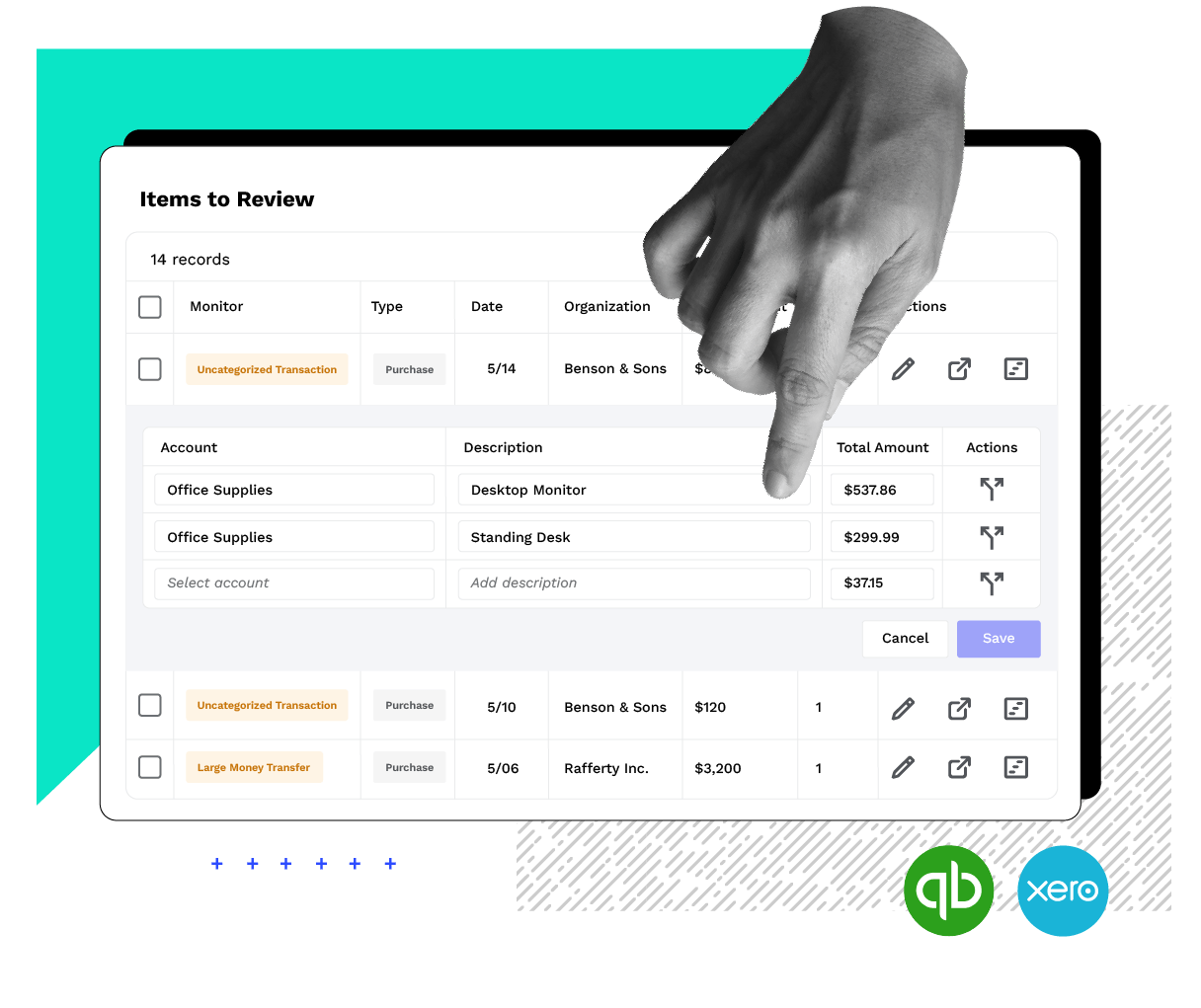Sage Fixed Assets
866-520-2519
From the May 2018 review of Fixed Asset systems.
Sage Fixed Assets is a good fit for businesses of all sizes, including nonprofit organizations and government entities. Sage Fixed Assets can also be used by accounting professionals that manage a large number of assets for their clients.
Designed as a Hybrid, Sage Fixed Assets can be installed as an on premise desktop solution, delivered as a SaaS solution, or accessed via the cloud. The product can also be used with both Windows and Mac operating systems.
Sage Fixed Assets supports multiple companies, and is scalable, with three product versions available, making it suitable for both the smaller office as well as global organizations.
Completely redesigned in 2017, Sage Fixed Assets offers four distinct program areas; Planning, Depreciation, Tracking, and Reporting. The Planning option allows users to begin the process of managing assets prior to their creation, typically through the Construction in Progress option. The Depreciation feature includes more than 300,000 IRS tax and GAAP rules, and the Tracking feature allo9ws easy management of physical inventories, utilizing bar coding functionality and mobile devices to track inventory from any location.
Sage Fixed Assets offers intuitive user navigation, with an easy to use navigation pane offering quick access to all related fixed asset tasks including the ability to add an asset, import an asset, or calculate depreciation, as complete other tasks such as disposing of or transferring an asset. The Asset Detail screen offers a series of tabs, where users can manage general details on assets, book information, or add an asset image to a file. There is also a Notes option, where users can add additional details about any asset. The Sage Fixed Assets navigation screen is completely customizable, and there are numerous user-defined fields available for additional tracking options.
Sage Fixed Assets offers up to seven books for each asset entered, including Tax, Internal, State, AMT, ACE, along with options for two user-defined books. Mentioned earlier, the product includes more than 300,000 IRS tax and GAAP rules that are built in for easy access. More than 50 depreciation methods are supported in Sage Fixed Assets including Straight-Line, Modified Straight-Line, MACRS 150 percent, MACRS 200 percent, Declining Balance, and Sum-of-the-Years Digits. Users can also create their own depreciation methods in Sage Fixed Assets if desired.
For those that need to track assets in multiple locations, mobile barcode readers are also available, with users able to easily manage asset-related details such as warranty and repair information if necessary.
Sage Fixed Assets offers users more than 45 standard reports, forms, and worksheets. Reports available include Annual Activity, Asset Basis, Depreciation Adjustment, Disposal Expense by Location, Fixed Asset Summary, Net Book Value, and Quarterly Acquisitions. The Assets Snapshot provides a complete overview of all asset activity including current asset value, value of assets disposed, along with the value of both inactive and transferred assets. Forms available include Form 4562, 4626, 4256, 3468, 4626, 4797, and T2S8, with direct filing available with the appropriate agency. All reports are fully customizable, and can be viewed on screen, printed, exported to Microsoft Excel or saved as a PDF.
Sage Fixed Assets offers both partial and complete asset transfer capability as well as full and complete disposals, with users able to dispose of assets individually or by using the bulk disposal option, with the product performing related calculations such as Gain/Loss Realized on any disposal.
Sage Fixed Assets integrates seamlessly with other Sage applications including both Sage 50 and Sage 100. The product also offers users guidance on importing data from other third-party applications, with users able to import or export data in a CSV format, or via Microsoft Excel.
Sage Fixed Assets offers a variety of help and support options, with users able to access various support options from within the application. The Sage Learning Center offers access to a variety of user guides, e-books, training courses, and both live and recorded webinars. The Assistance Center includes a variety of tips on entering new assets, calculating depreciation, running reports, and a primer on managing fixed assets. Users can also access support personnel directly from the Assistance Center if necessary. Sage Fixed Assets also offers a completely searchable knowledgebase that is accessible 24/7, and Sage University offers a variety of training options for all Sage applications. A variety of support plans are available to Sage users, with support available via telephone or email during regular business hours. Support can also be accessed from area resellers as well.
Sage Fixed Assets is a good fixed asset solution for businesses of all sizes, particularly those using other Sage applications. Those interested can request a quote from Sage directly from their website or from an area reseller.
2018 Rating: 5 Stars
Thanks for reading CPA Practice Advisor!
Subscribe Already registered? Log In
Need more information? Read the FAQs





